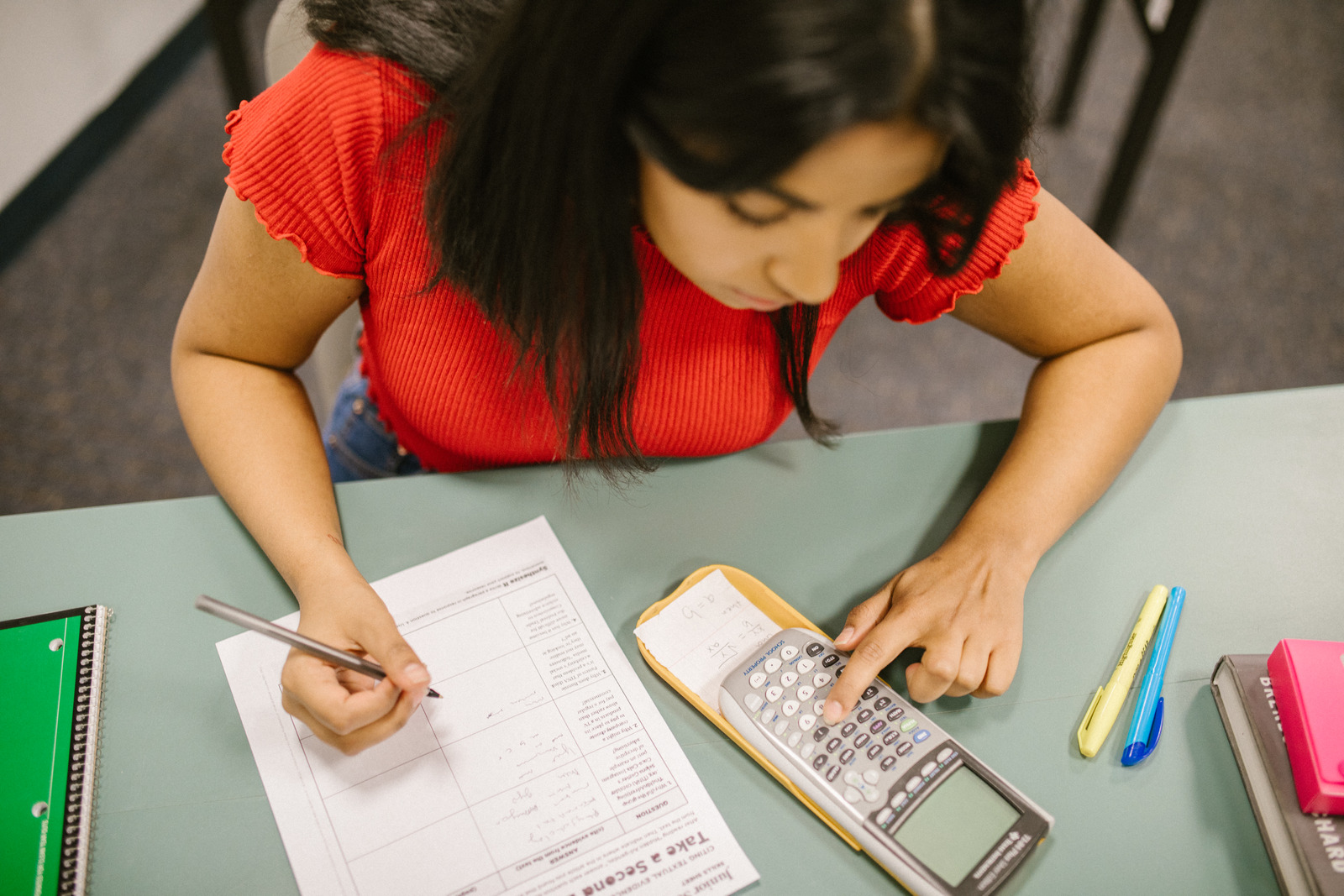课程描述
R语言,一门强大的数据分析语言,一个极其人性化的编程环境,一种充满惊喜的工作方式。本课程面向零基础的学员,从最基本的安装开始,一步一步手把手带你进入 R 语言的精彩世界。
课程目标
通过学习本课程,学员将
- 在计算机上搭建 R 语言工作环境,
- 了解 R 语言的用途和扩展性,
- 熟悉 R 语言的基本用法,
- 初步掌握常见图形的绘制方法,
培训内容
- 了解用途
- 知道R语言在科研中的用途和扩展性,
- 了解常用扩展包,
- 知道如何寻求帮助。
- 数据读写
- 熟练掌握将常见格式的数据导入R语言环境的方法,
- 知道如何将特殊格式的数据导入R语言环境,
- 熟练掌握将计算结果的数据保存为常见格式。
- 图形绘制
- 熟练掌握R基础包绘制常见图形(散点图、直方图、箱式图、折线图等)的方法,有能力根据研究意图任意订制图形的风格(大小、颜色、点的形状、线的类型)为图形任意添加各种元素(点、线、文字、多边形、图例、坐标轴),
- 学习使用最流行的ggplot2包来绘制美观的常见图形,
参考书目
- 赵鹏,李怡。学 R:零基础学习R 语言。研究出版社,北京,2018。
- 赵鹏,谢益辉,黄湘云。现代统计图形。人民邮电出版社,北京,2021。
培训老师
赵鹏博士,西交利物浦大学助理教授,统计之都成员。毕业于北京大学(理学学士,环境科学硕士)、德国拜罗伊特大学(地理生态学博士)。曾就职于中国气象科学研究院,曾在奥地利因斯布鲁克大学和德国马克斯-普朗克研究所从事博士后研究工作。对于 R 语言应用于科学研究有10年使用经验,开发有十几个R 扩展包,CRAN 上的累计下载量超过 15 万。






